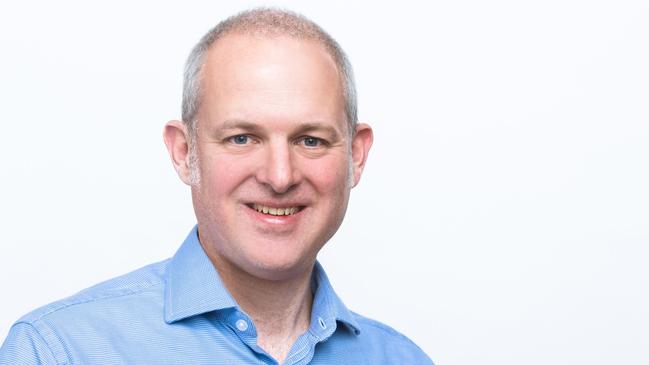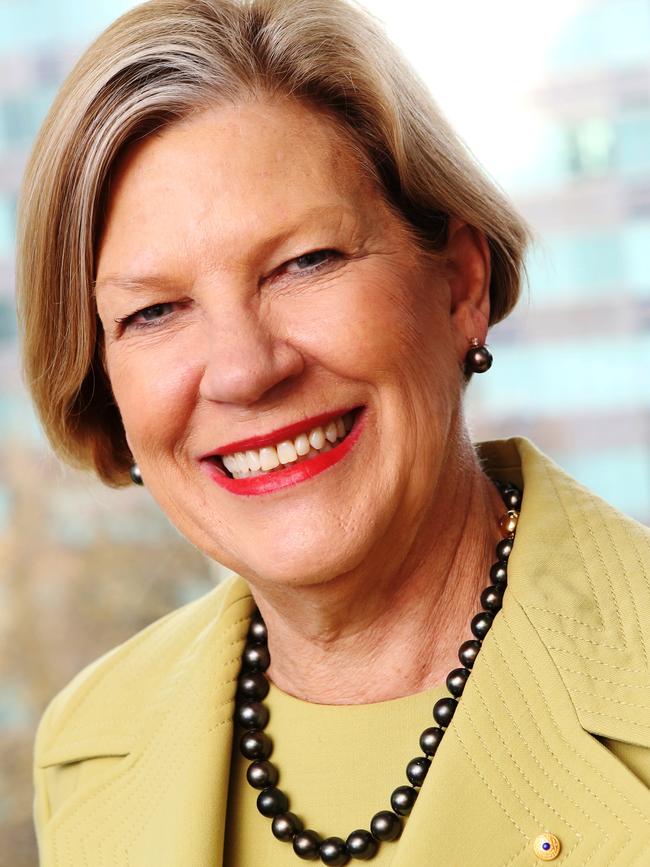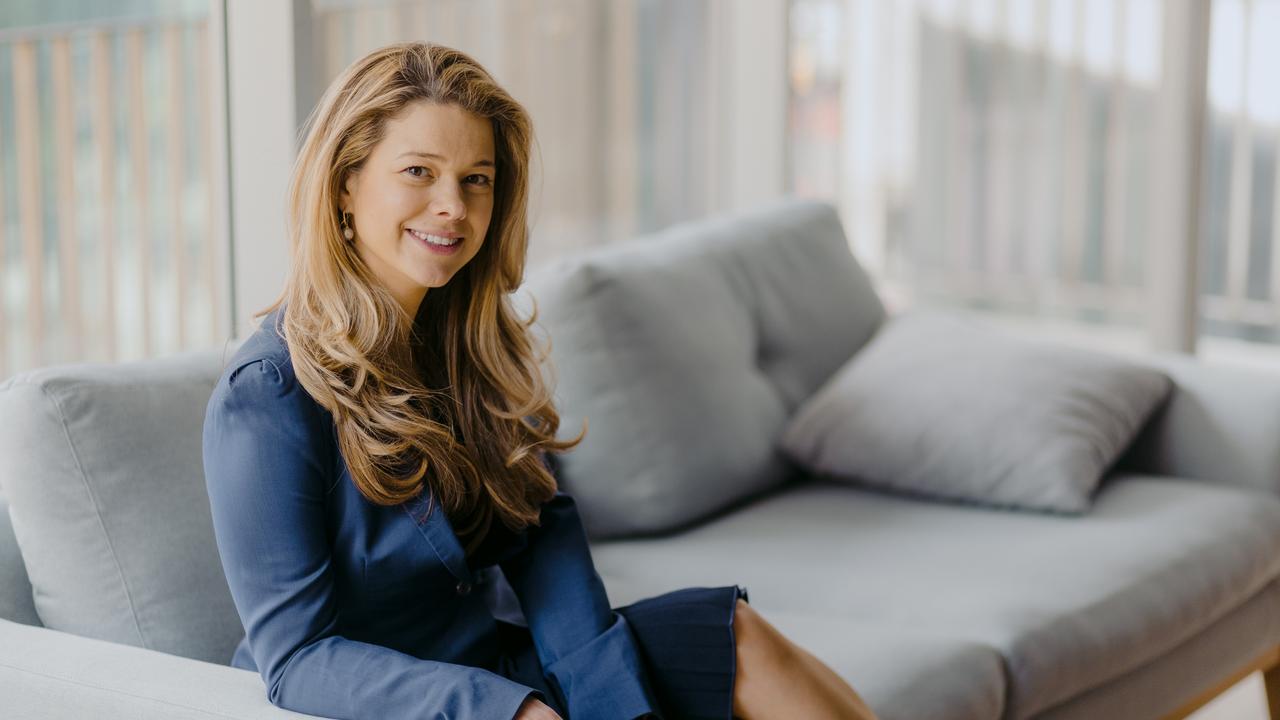Miner joins Champions of Change to investigate power in workplace
New discussion paper looks at the impact of formal and informal power on the careers of women.

A senior Rio Tinto executive says he feels a “moral obligation” to ensure the miner’s selection panels are diverse enough to overcome inherent biases when hiring staff.
Chief technical officer Mark Davies has told a roundtable held by the Champions of Change Coalition he does not feel pressure to hire women but says he believes it is “the right thing” to ensure those making the decisions come from diverse backgrounds.
He says Rio is a very traditional industry where formal types of power such as positional power, operational power and financial power are very strong.
“These are often reinforced by informal power, like networks, which are a real impediment to people coming into our organisation,” he says.
“We’ve got a big power imbalance between our operational roles and our functional roles.
“Historically, I think we’ve placed much greater emphasis, much greater perceived credibility around those with operational power – those who lead our mines our rails, our port, facilities, and those roles have historically been held by men.
“Only 21 per cent or so of our operational leaders are women. We’ve seen much more representation of women in our functions, but these are often not seen as equal to our operational roles.
“We’re effectively bringing women into a part of the organisation that doesn’t have the same power. Women make up the majority of our functional teams, and about 40 per cent of our functional leaders are women, (but) women coming into a functional role can experience a dual imbalance – the functional versus operational and the majority versus diverse. That’s not acceptable.”
He says Rio Tinto has changed its traditional approach to recruitment and now focuses on the core characteristics and skills needed for a role: “We’re not ruling out people who haven’t had 20 years of driving big yellow equipment around and we are being much clearer about transferable skills. We’ve had a number of women over the last two years join us from health, education, hospitality, and they bring great attributes and we can help them develop the subject matter expertise that sits on top.”
Davies says a campaign across Australia and New Zealand last year targeted transferable skills and yielded more than 3000 female applicants, including 1600 from Western Australia.
“The first pilot group in Western Australia joined towards the end of last year, 18 of those as frontline leaders and supervisors, and 10 as planners and schedulers, ones which are areas where we really typically haven’t had much representation.”
Leanne Harwood, managing director, JAPAC, for IHG Hotels and Resorts, says she long resisted introducing gender targets but now recognises it is the only way to get a better balance in an industry where only about 20 per cent of managers are women.
“I’ve had to implement gender-based targets across the various levels in our different hotels and across the wider organisation,” she says.
“I’ve been passionate about not wanting to do that because I truly believe that it has to be driven by a culture inside an organisation.
“I’ve never wanted to be known for getting a job because I’m a number, to fill a quota, so I fought against it for a number of years, and I realised the only way I’m going to do this and actually push it is to go out there with a whopping great big stick.”
But there is also a need to educate the general managers about the power base they have, and how they are in a responsible position.
“Power is a privilege and leadership is a privilege,” Harwood says. Her industry is more than 50 per cent female but women mainly have jobs at “the baseline” and only 20 per cent of general managers are women.
“We’re in a bit of a woeful state,” Harwood says. “We’ve got a lot of work to do. We have been looking at ways that we can really start to have conversations and educate the different levels, noting that in a service industry, realistically, we have minimal educational levels across our workforce.
“Many of us don’t have tertiary education but we’ve had the ability to work our way through the different levels into senior leader levels. That’s traditionally been done through networks, and the reality is that it is an old boys’ network where you stand around in a bar in the wee hours of the morning having a chat about the rugby teams.”

Senior business woman and non-executive director Ann Sherry says the debate about quotas involves “horrible language” and assumptions that women have incorporated into their own language.
“No man ever says: ‘I don’t want that job because one of my mates is going to give it to me,’ ” Sherry says. “No man ever says: ‘I don’t want to be promoted because somebody said this (employee) needs to be someone who looks like me.’ Only women say that. It’s actually been replayed back to us a lot: ‘Oh, you only got that job because we had to have a woman.’
“That language is horrible but we’ve incorporated it into our own language.”
The old assumption has been that if you get a great job, you’ve slept with someone powerful, Now it is argued women get top jobs because of quotas, she says.
“In 99.999 per cent of cases it’s not the case but it’s become the language to somehow make us think there’s an unworthiness or a reverse bias,” Sherry says. “That language has got to stop.”
She argues strongly that there is a need to look at underlying power.
“When I was first talking about this stuff 30 years ago, the answer was that education was the barrier (for women) and as soon as we got that sorted out, everything would be all right,” she says.
“Well, we’ve had 20 years of women outperforming men in education and everywhere else, so something else is going on.
“The reason we’re now talking about power so explicitly is that we’ve done everything – we’ve done policy with childcare, we’ve done flexibility. (We have addressed) every obstacle or every issue that’s been identified as the reason why women aren’t CEOs.
“ So we’re now left with the stark reality that, in fact, it’s something that’s not fixed by doing things for or to women, it’s something that’s got to be fixed by shifting the mindset that drives the process – the hiring, the selection committees, just the subtle judgment about ‘will she fit the current team’, which happens to be predominantly male.
“This is exactly the issue people of colour also talk about, you don’t fit the dominant culture. Maybe (this discussion paper) is about women saying, ‘You’ve run out of excuses, there’s not many other places now to go other than a bit of self-reflection.’
“My challenge to CEOs now is: Why aren’t you requiring more? Why are you accepting the answer that we tried, we couldn’t find anybody or there aren’t enough women, because none of that is true.
“You’ll never change it for the long term unless you really find the underlying causes, and we can see clearly what they are. It’s not enough to say we’ve still got this pocket over here … whose behaviour is poor and therefore no women ever wants to stay. That stuff is attitudinal, and it is also about current groups protecting power.”
Sherry says the pandemic disrupted many ways of running a business and created a moment for people to think about what they were doing differently. It opened a broader conversation about power dynamics in workplaces.
“This whole issue of flexibility was such an aha moment for so many organisations during Covid and was an insight into the attitudinal changes needed.
“It’s not just policy, not just intent, not just your own behaviour,” she says. “It’s also the way you think about what’s possible. You’ve got power, you’re running organisations, your board expects you to do amazing things.
“Stop assuming that everything you say or that is said to you is true. Be more ambitious, think bigger about the things that you can do, and that you can change in your organisation. Think about what your workforce looks like relative to the world you see every day outside, think about the levers you can pull, think about the requirements on your own executive team to do things differently.
“Because despite good policies, despite good intentions, not enough has changed.
“Power is such a privilege. And it’s such an opportunity to get good people in power, who have ambition, who can see the world as it’s evolving in front of us.
“If you keep doing the same thing you have a red light, not a green light (to change).”
Sherry says the debate should focus on “what are we doing with the power we have?”.
In a fast-changing world, a broader mindset is needed to deal with issues.
“We’ve just got to bring new people into the tent because the same people aren’t going to get us to a different place,” she says.




To join the conversation, please log in. Don't have an account? Register
Join the conversation, you are commenting as Logout